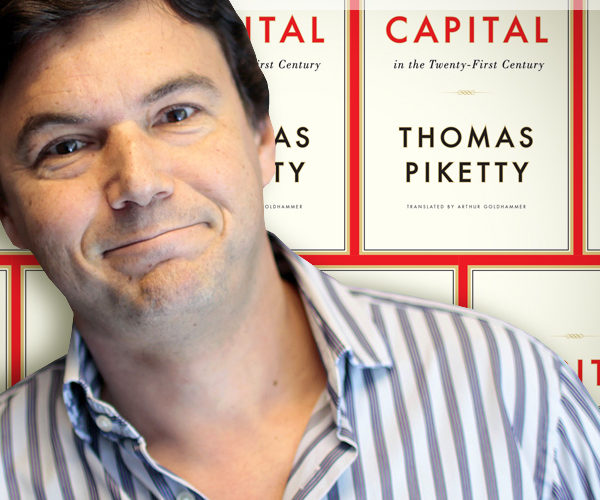
Everyday life gives us ample opportunity to fulfill all righteousness, at least as far as the gods of global capital are concerned. Building credit, contributing to a 401K plan, purchasing ordinary goods produced through an extraordinary supply chain, we participate in the enchanted world of mammon, in which money defies space and time to make and remake a world that bears its image. But in Matthew’s gospel, Jesus inhabits a different kind of story about God and the world, about empire and capital.

Despite its intimidating size and scope, Capital has the potential to be extremely helpful to scholars and activists concerned with inequality, and I hope to convince at least a few readers of Political Theology Today to add it to their reading lists. Like all economic works, Capital makes claims about what is good for humans, human nature and motivations, and social justice.
